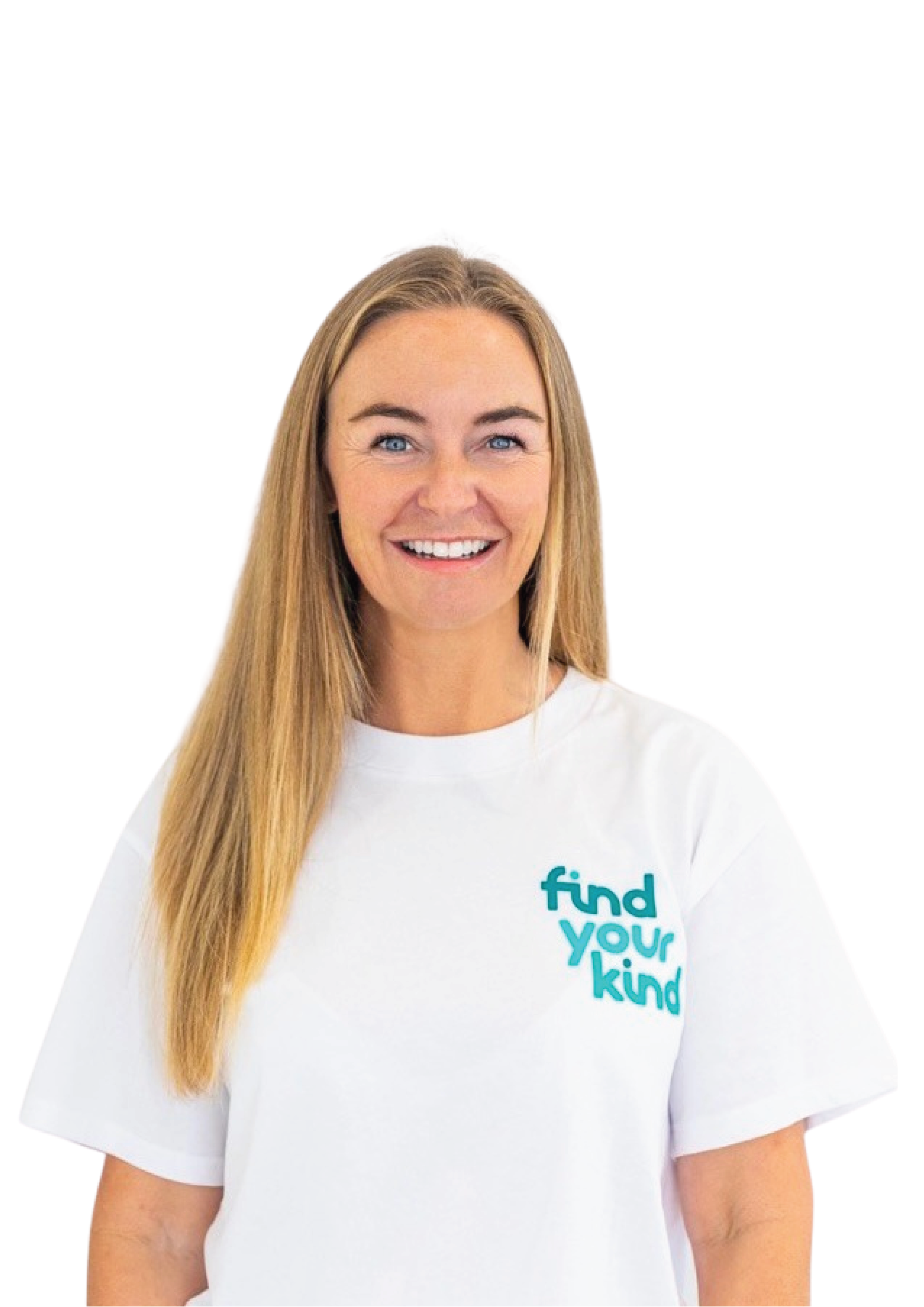When a loved one is diagnosed with a long-term illness, the journey can be both physically and emotionally challenging, not just for the person receiving care but also for the primary carer. The primary carer, often a family member or close friend, takes on the responsibility of managing the patient's health and daily needs. This role can become overwhelming, especially if the carer has other obligations, such as work or children, or if they are facing a lack of support from the broader community.
If you know someone who is acting as a primary carer, it’s crucial to understand that while they may feel empowered by their role, they also need care and support. Here are some practical ways to help support a primary carer through this incredibly challenging time.
1. Offer Practical Help with Everyday Tasks
One of the best ways to support a primary carer is by offering assistance with everyday chores and tasks. Whether it’s grocery shopping, cooking, cleaning, or running errands, these everyday jobs can pile up quickly, adding to the stress of caregiving. Even if you can’t step in every day, offering specific help during busy or difficult times can make a big difference.
Services like Find Your Kind provide professional, compassionate support for those who need a little extra help at home. Our trusted crew can assist with things like light cleaning, meal preparation, and organizing—giving the primary carer the space they need to focus on their loved one’s well-being or simply to take a much-needed break. This type of support not only makes life easier but also offers peace of mind.
2. Listen and Offer Emotional Support
Being a primary carer can be emotionally taxing. The stress of dealing with a loved one’s illness can feel isolating, and it’s common for carers to neglect their own mental health in favour of caring for others. Sometimes, what carers need most is a listening ear or an empathetic conversation.
Try to reach out and check in with the carer. Acknowledge the challenges they’re facing and offer support without judgment. Offer to take over for a short period so they can get out of the house, enjoy some fresh air, or simply take time to unwind. By giving them the space to express their frustrations or worries, you help them feel seen, understood, and less alone in their journey.
3. Help Them Make Time for Self-Care
A primary carer’s role often becomes all-consuming. Many carers experience burnout because they sacrifice their own needs in favor of their loved one’s care. Encourage the carer to prioritize their own well-being whether that’s through physical activities, hobbies, or relaxation. Self-care doesn’t have to be a luxury; it’s essential for preventing caregiver burnout.
Consider helping the carer with their self-care routine by giving them time away from their caregiving responsibilities. You could offer to look after their loved one for a few hours or even book a Find Your Kind session to help with household tasks so they can have the time to rest. Our crew can step in to offer support with cleaning, organizing, and preparing meals, leaving the carer with more time to focus on themselves.
4. Provide Financial or Logistical Assistance
Caregiving can sometimes have a financial impact, especially if the primary carer is unable to work or needs to pay for additional services. If you’re able to help, consider offering financial support, whether that’s through a small donation, paying for a cleaning service, or helping with any other expenses related to the caregiving role.
In some cases, you could also help with logistical tasks, such as arranging medical appointments, transportation to hospitals, or managing insurance paperwork. These practical gestures can take a lot of pressure off the carer, allowing them to focus on what really matters: providing the best care possible for their loved one.
5. Encourage the Carer to Build a Support Network
No one should have to go through caregiving alone. Encourage the primary carer to connect with support groups or other carers who understand what they’re going through. There are many organizations and community groups where they can find solidarity, advice, and emotional support.
If they don’t already have a support network in place, offer to help them create one. Whether it’s through friends, family members, or online communities, fostering connections can make all the difference. Find Your Kind can be part of this network by offering consistent, reliable support when life gets overwhelming.
6. Respect Their Need for Privacy and Boundaries
While it’s important to offer support, it’s equally important to respect the carer’s need for privacy and space. They may not always be able to articulate what they need, so it’s crucial to be respectful of their boundaries.
Let them know that you’re available to help without being intrusive, and always ask before stepping in. Sometimes, they might just need a break from constant conversation or help, and offering this respect shows them that you care in a deeper, more thoughtful way.
7. Offer a Helping Hand, Even in Small Ways
Even small gestures can make a world of difference. A thoughtful note, a ready-to-eat meal, or a helping hand with small tasks can all ease the burden of caregiving. Don’t be afraid to check in regularly and see if there’s anything you can do, even if it seems minormit’s the cumulative support that will make the biggest difference.
You could also consider gifting a Find Your Kind voucher to the carer. This would allow them to take a break while a professional from our team helps with light cleaning, laundry, or meal prep. Giving them this time to recharge can make them feel valued and supported.
8. Recognize the Signs of Caregiver Burnout
It’s important to recognize when the primary carer may be experiencing burnout, which can manifest as exhaustion, frustration, or even depression. If you notice these signs, gently encourage them to seek help or talk to a healthcare professional. Remind them that it’s okay to ask for assistance—no one can do everything on their own.
By providing emotional, physical, and practical support, you ensure that the primary carer has the resources they need to continue supporting their loved one without sacrificing their own well-being.
Final Thoughts
Being a primary carer for someone with a long-term illness can be incredibly rewarding, but it also comes with its share of challenges. As a friend or family member, your support can make a huge difference in their journey. Whether through offering practical help, emotional support, or providing resources like Find Your Kind, your involvement can help ease their burdens and make them feel cared for. Sometimes, a small gesture can be the thing that helps a carer keep going—so never underestimate the power of being there.



